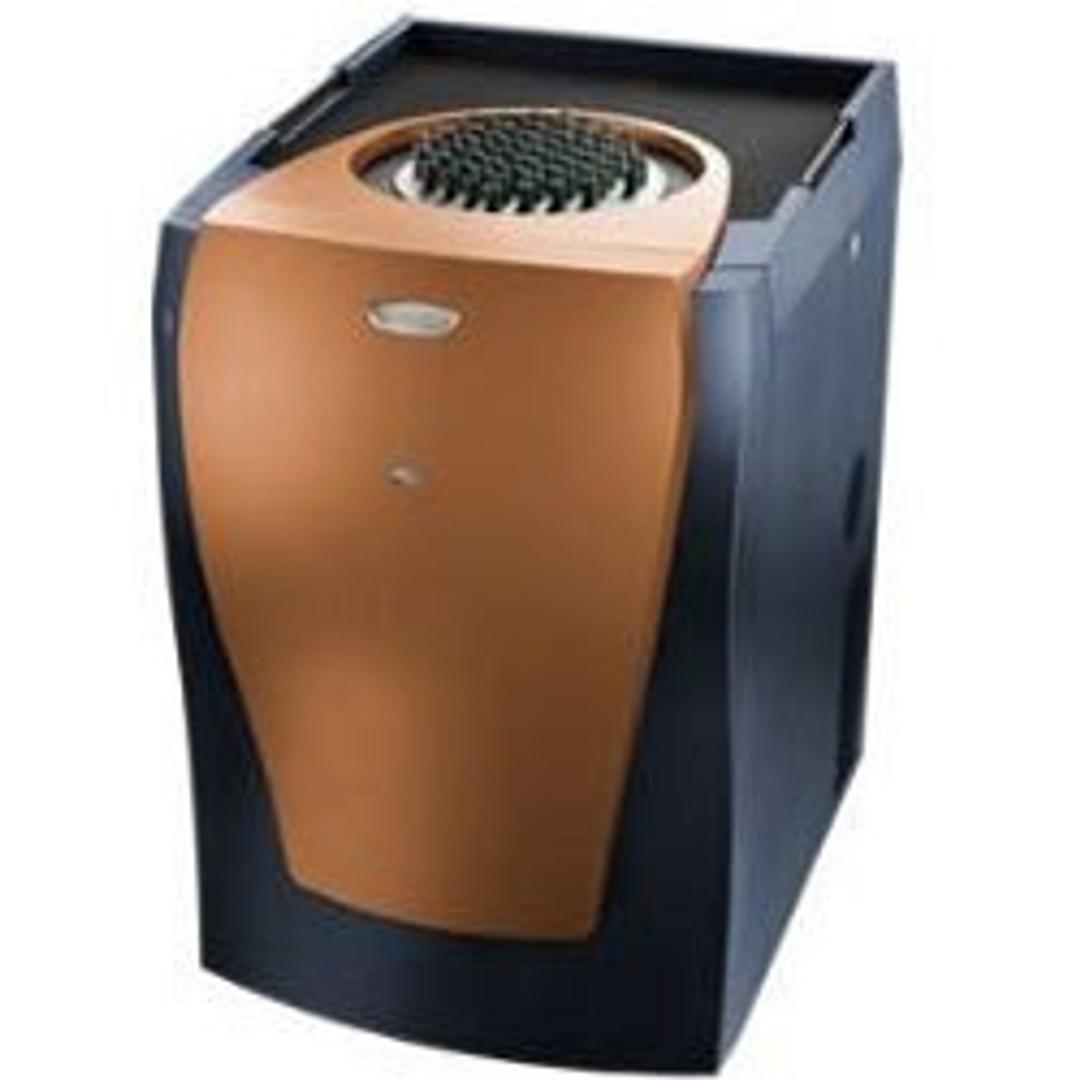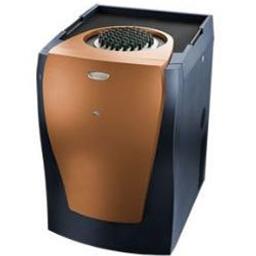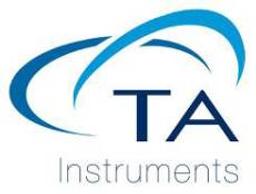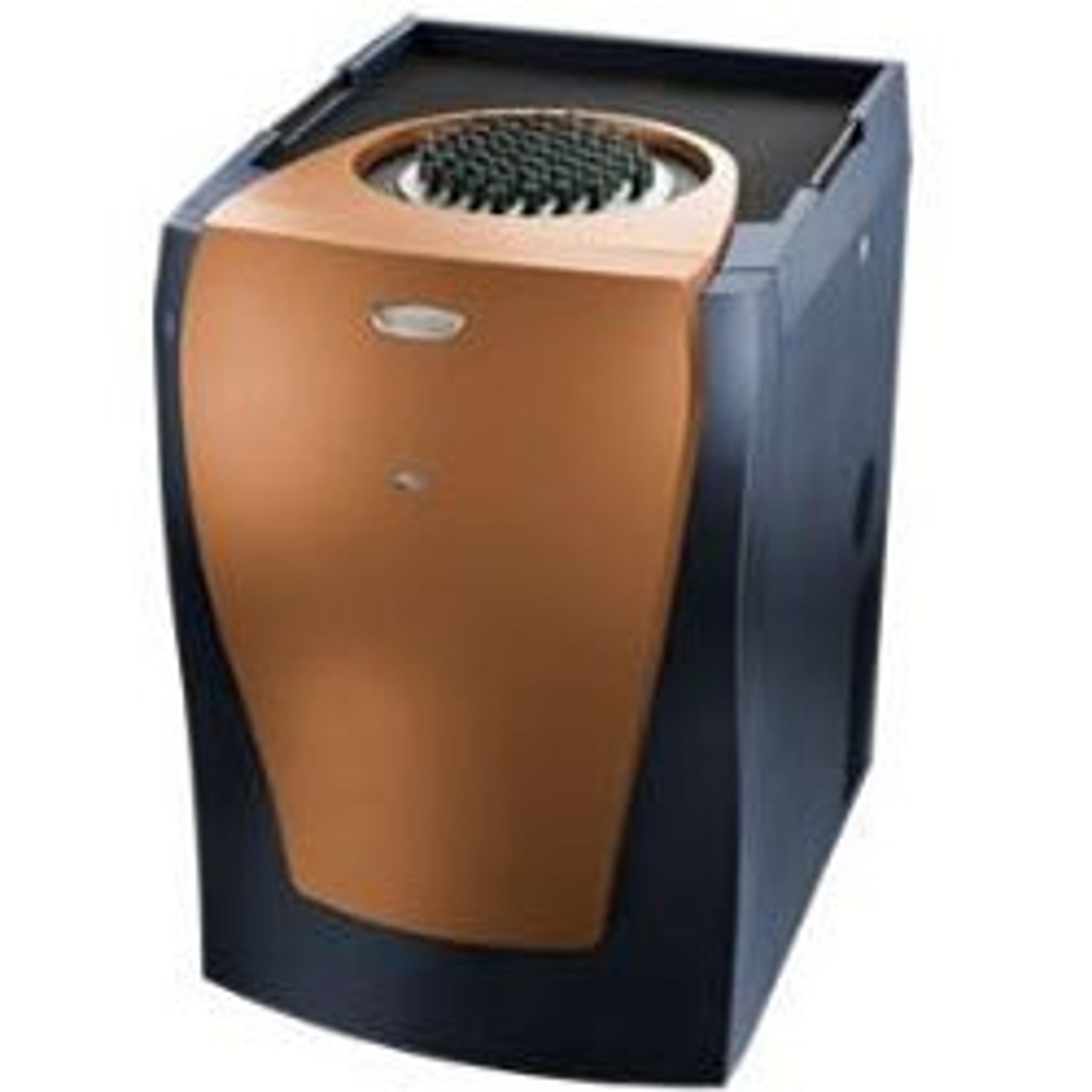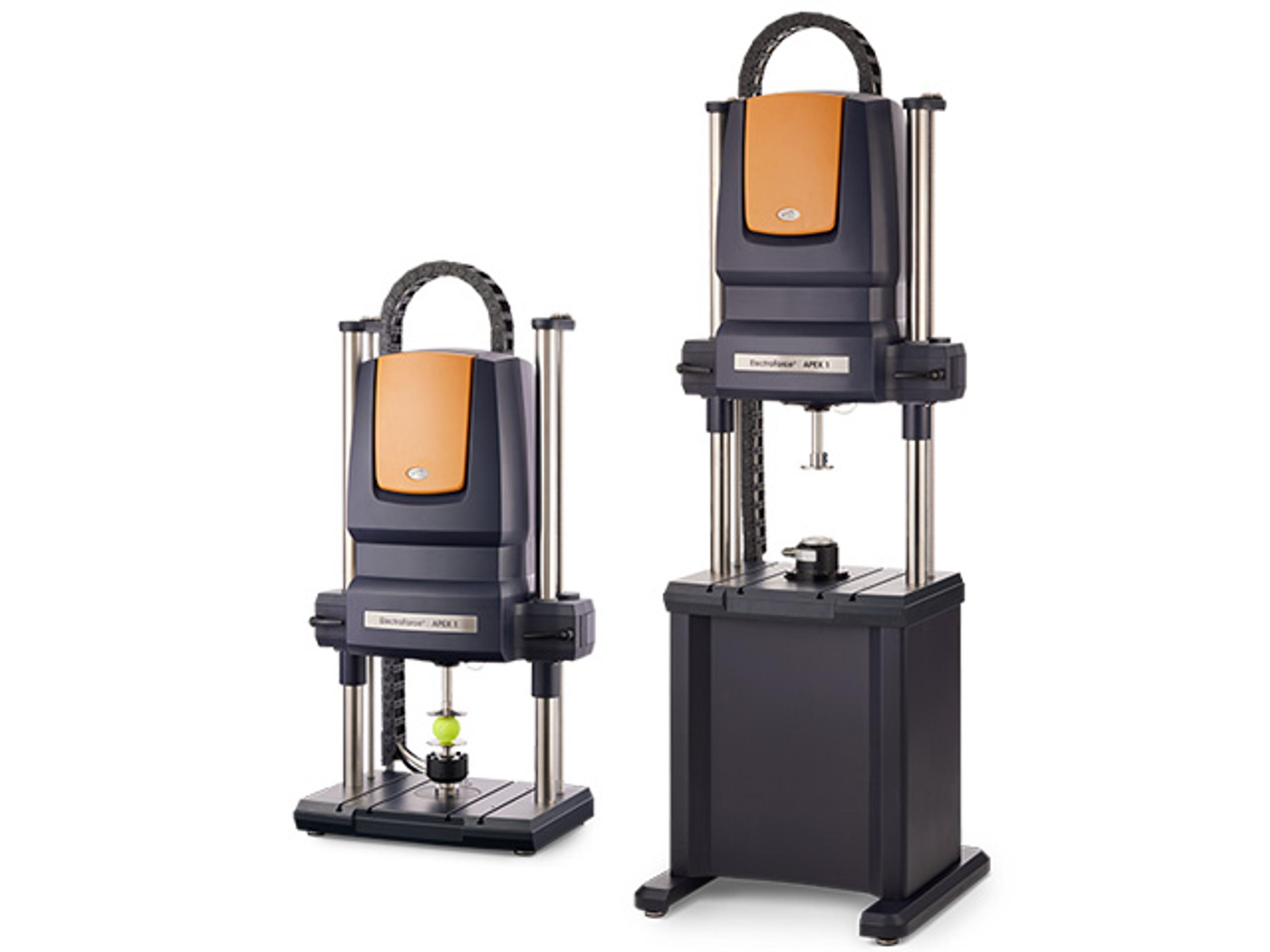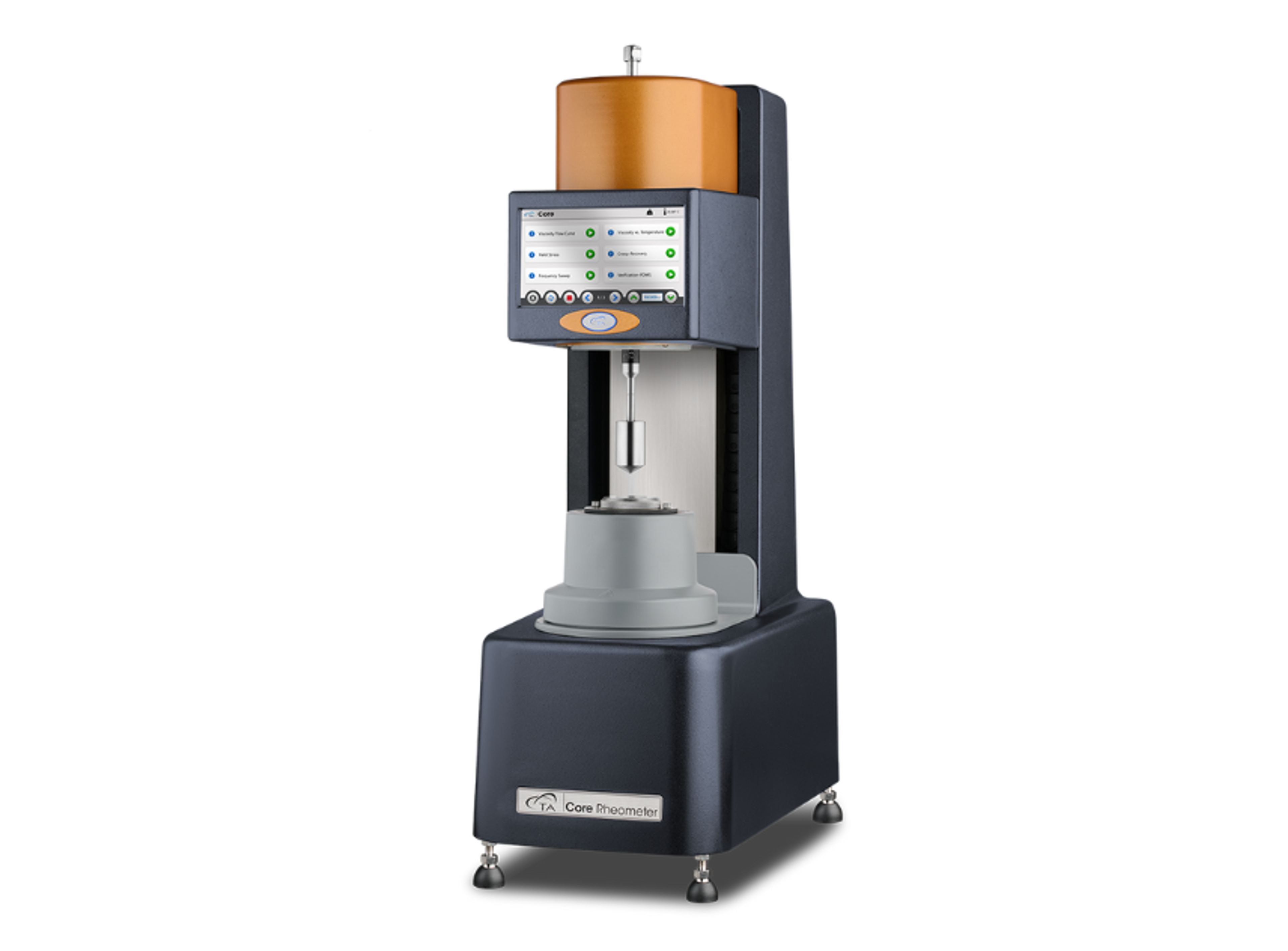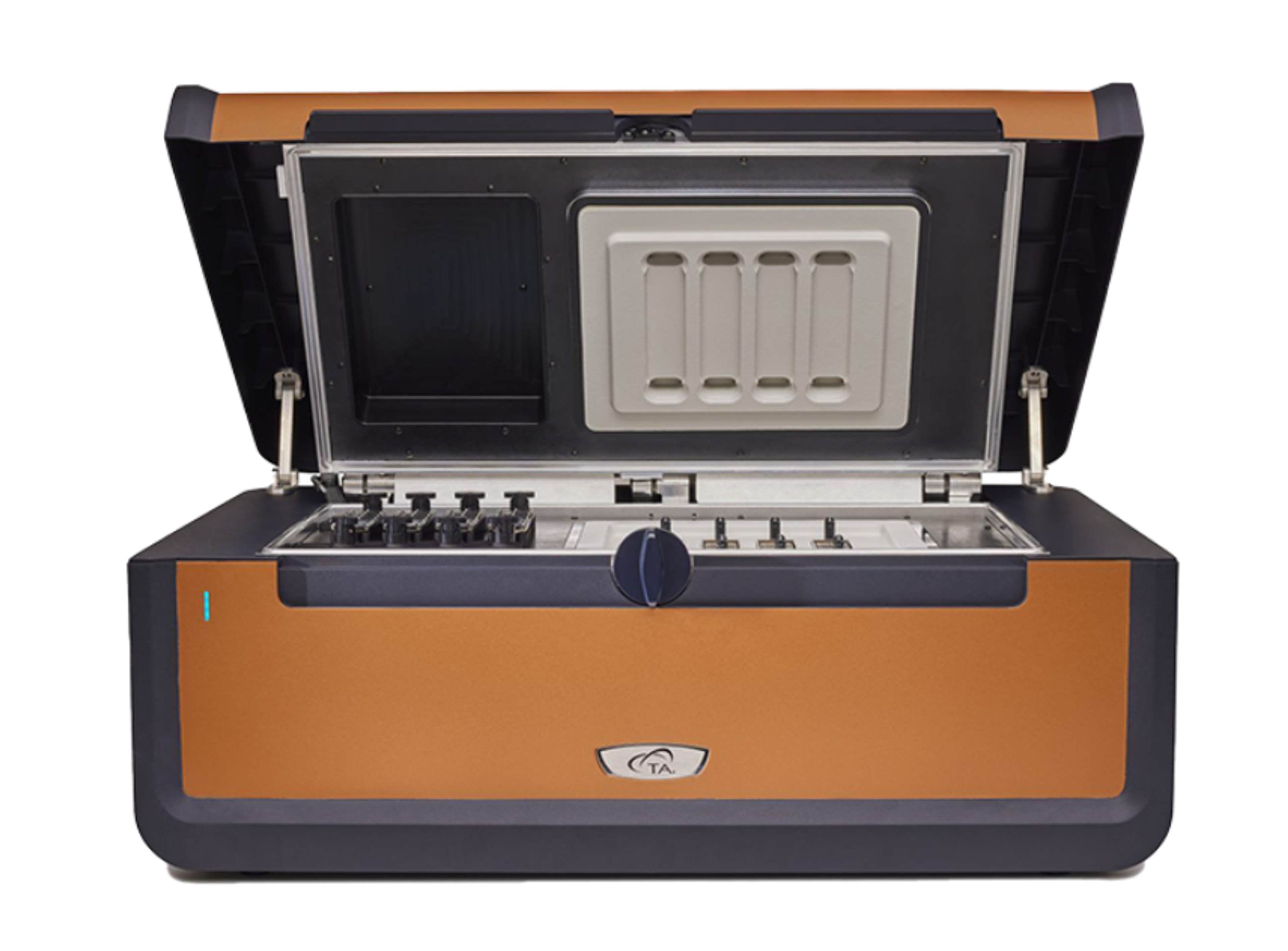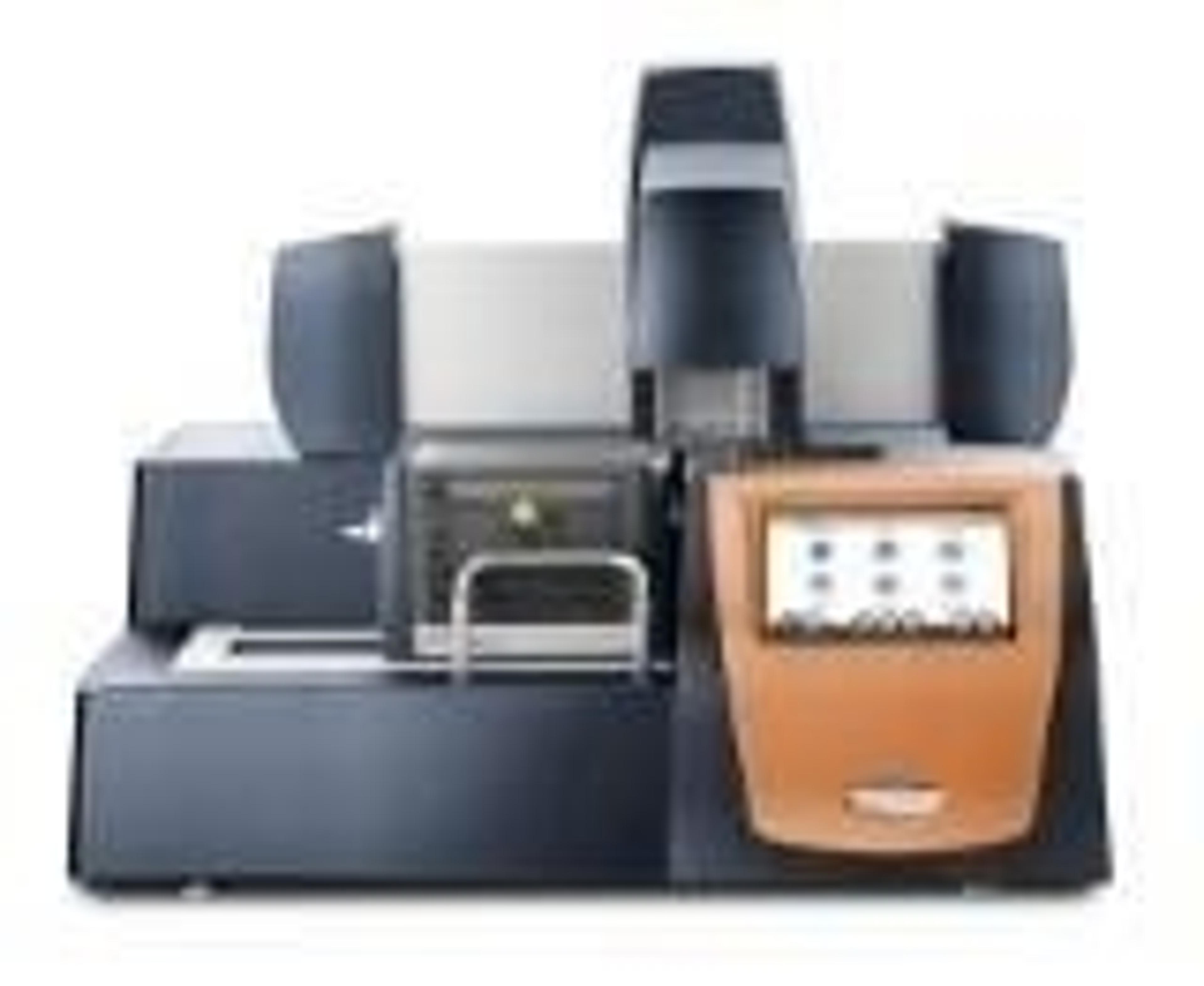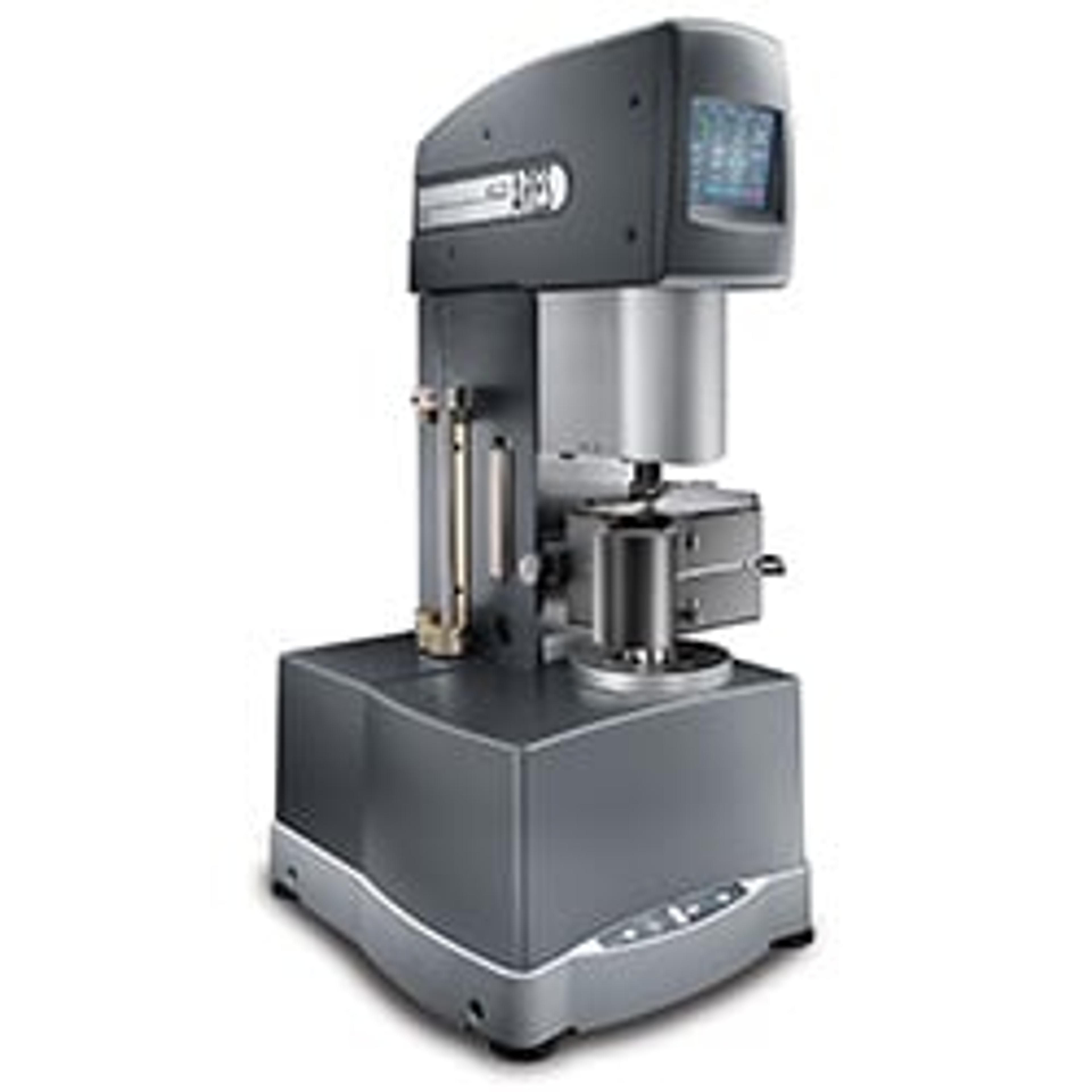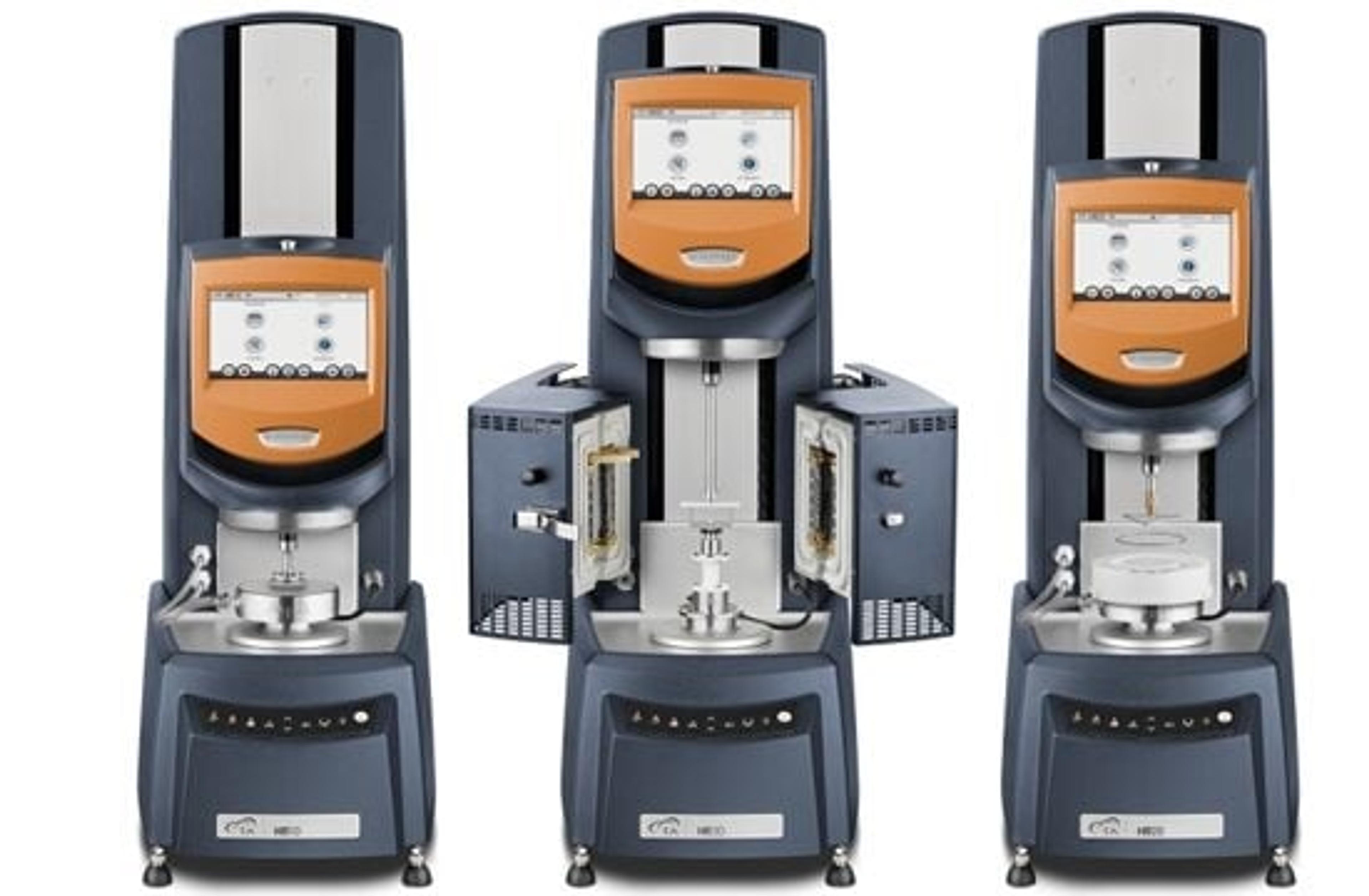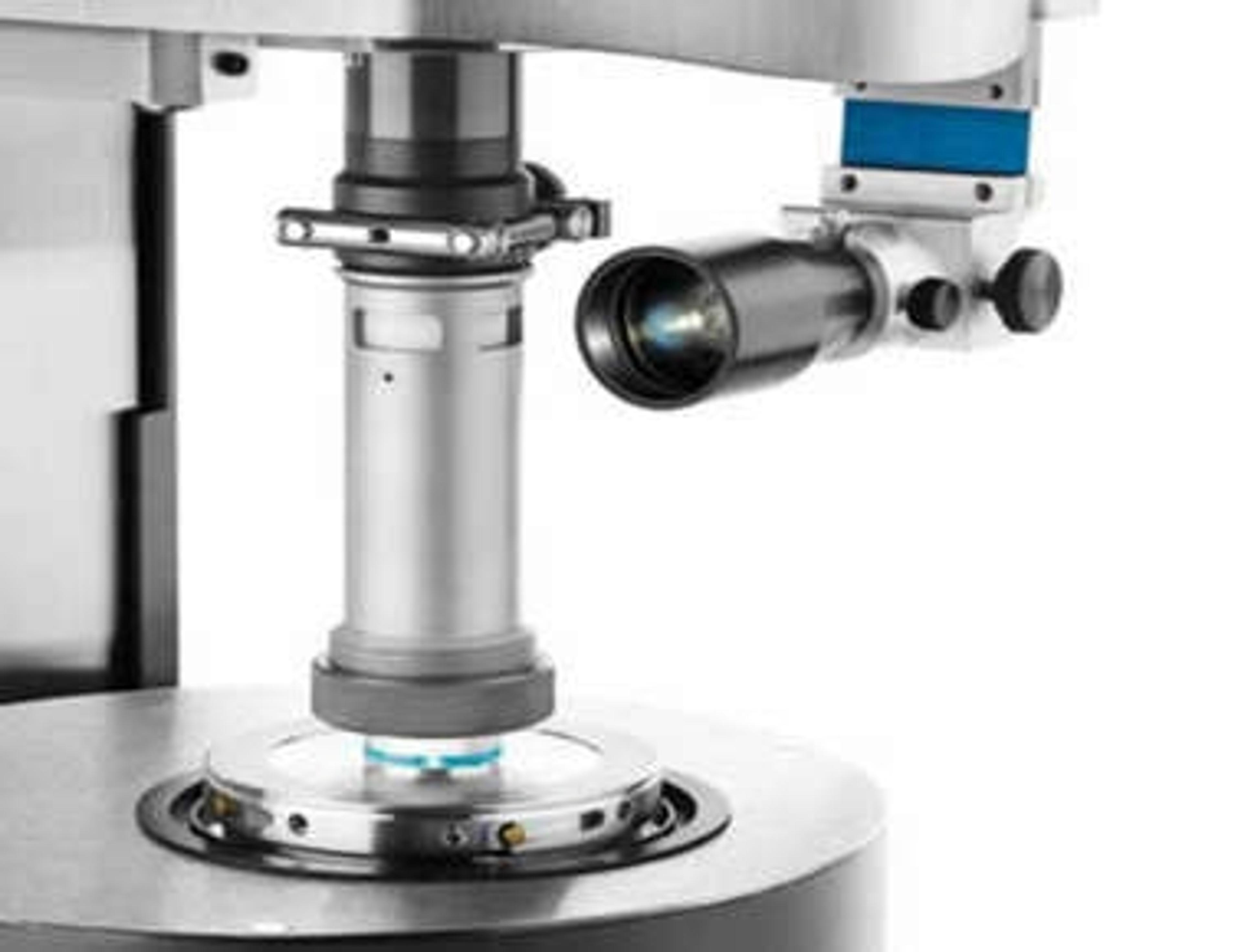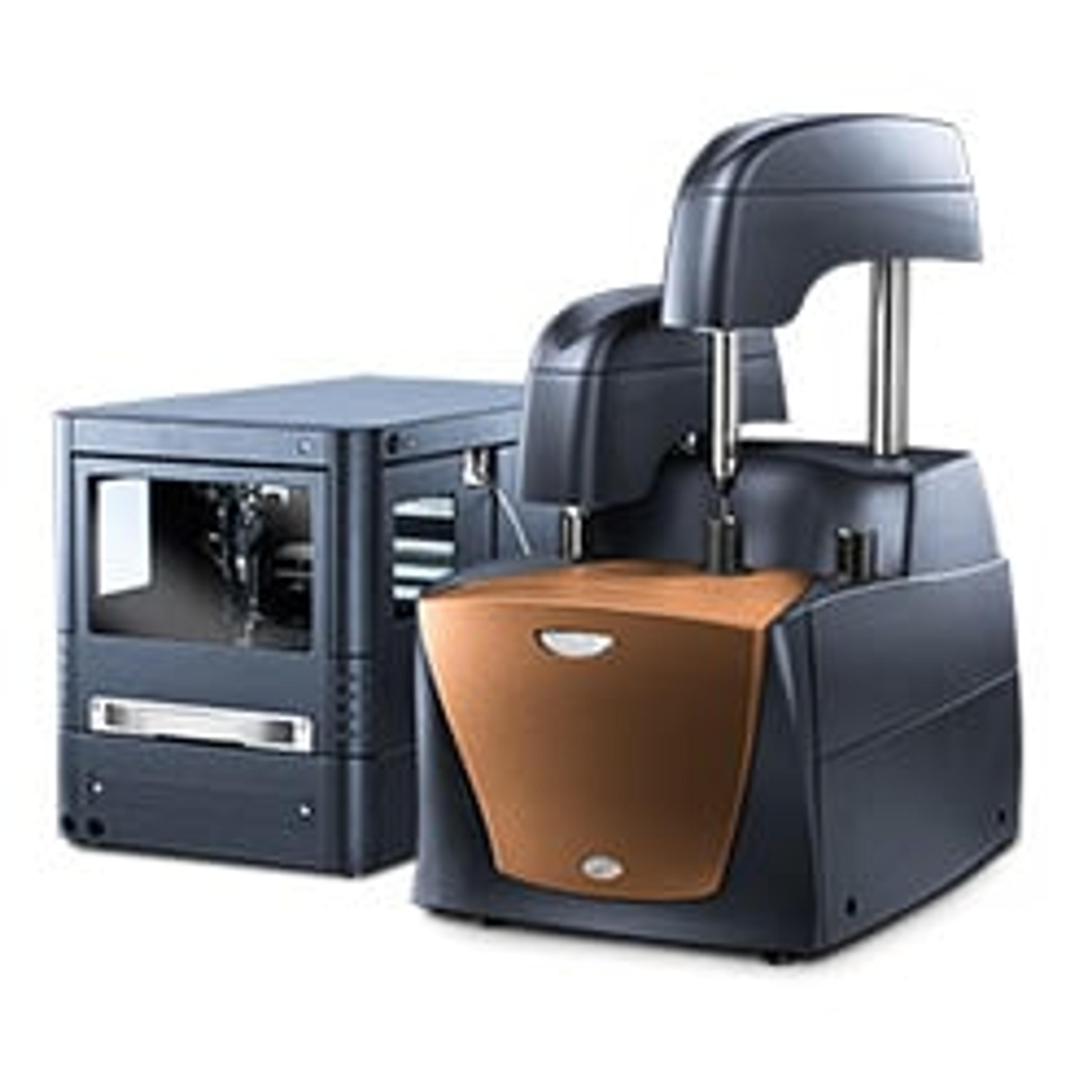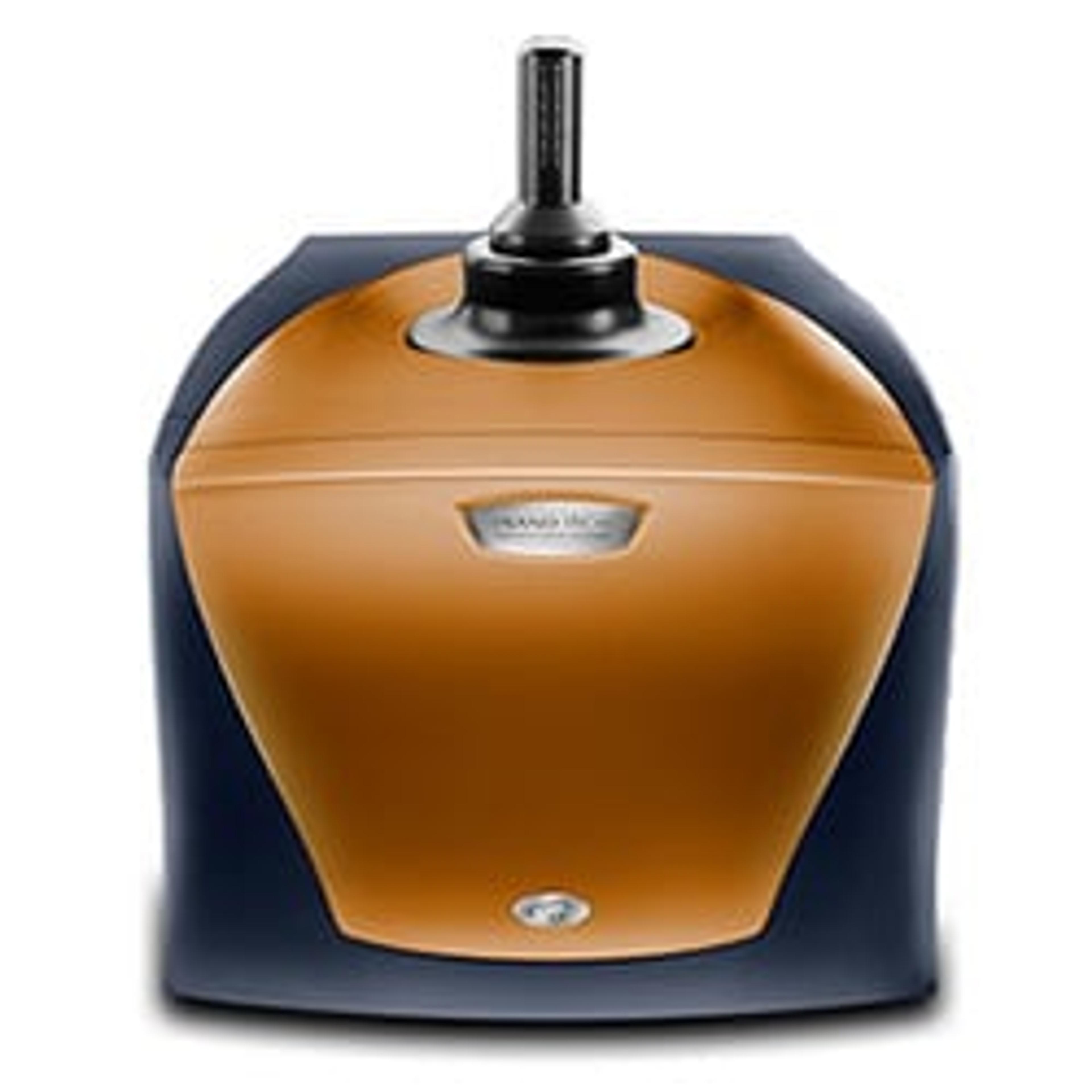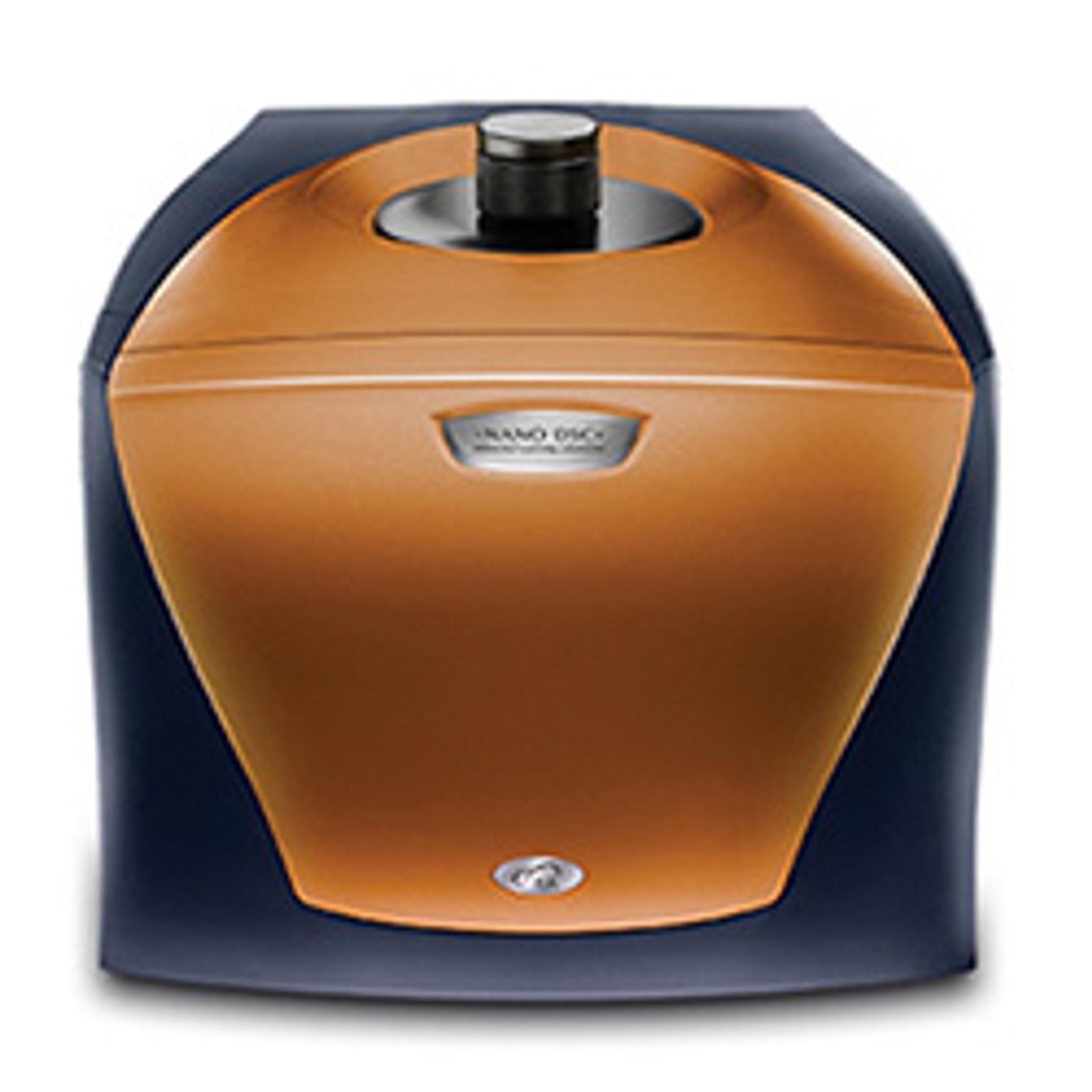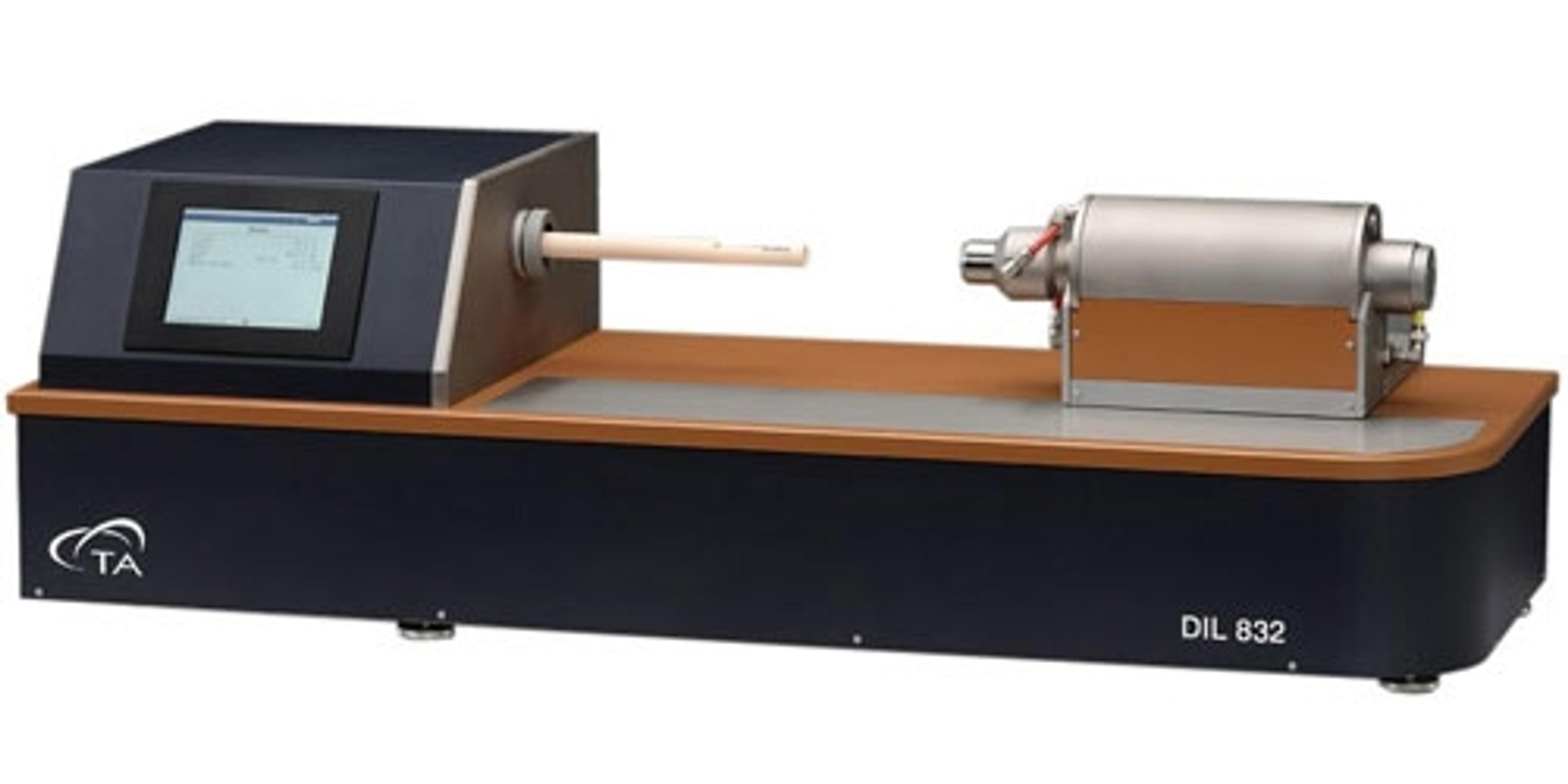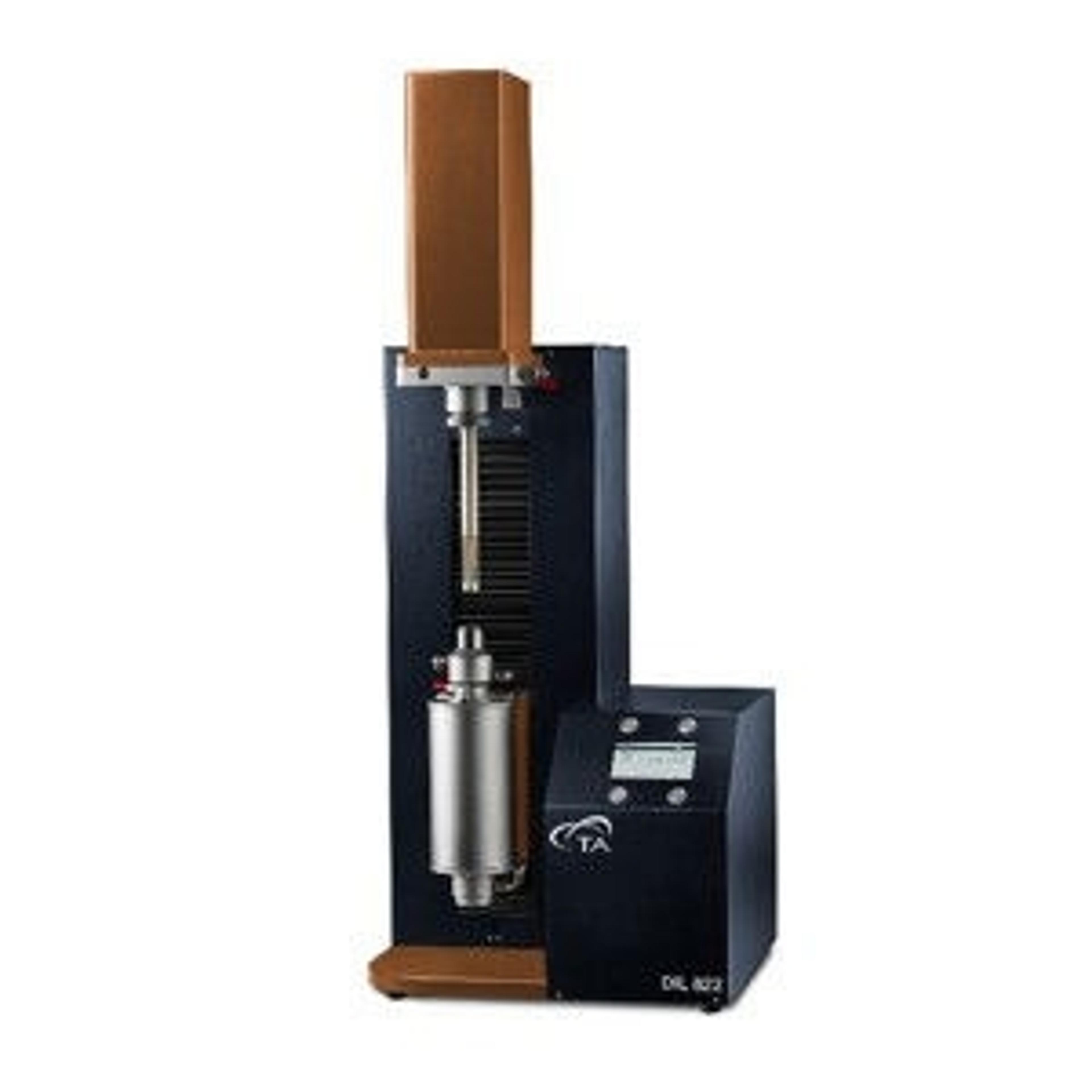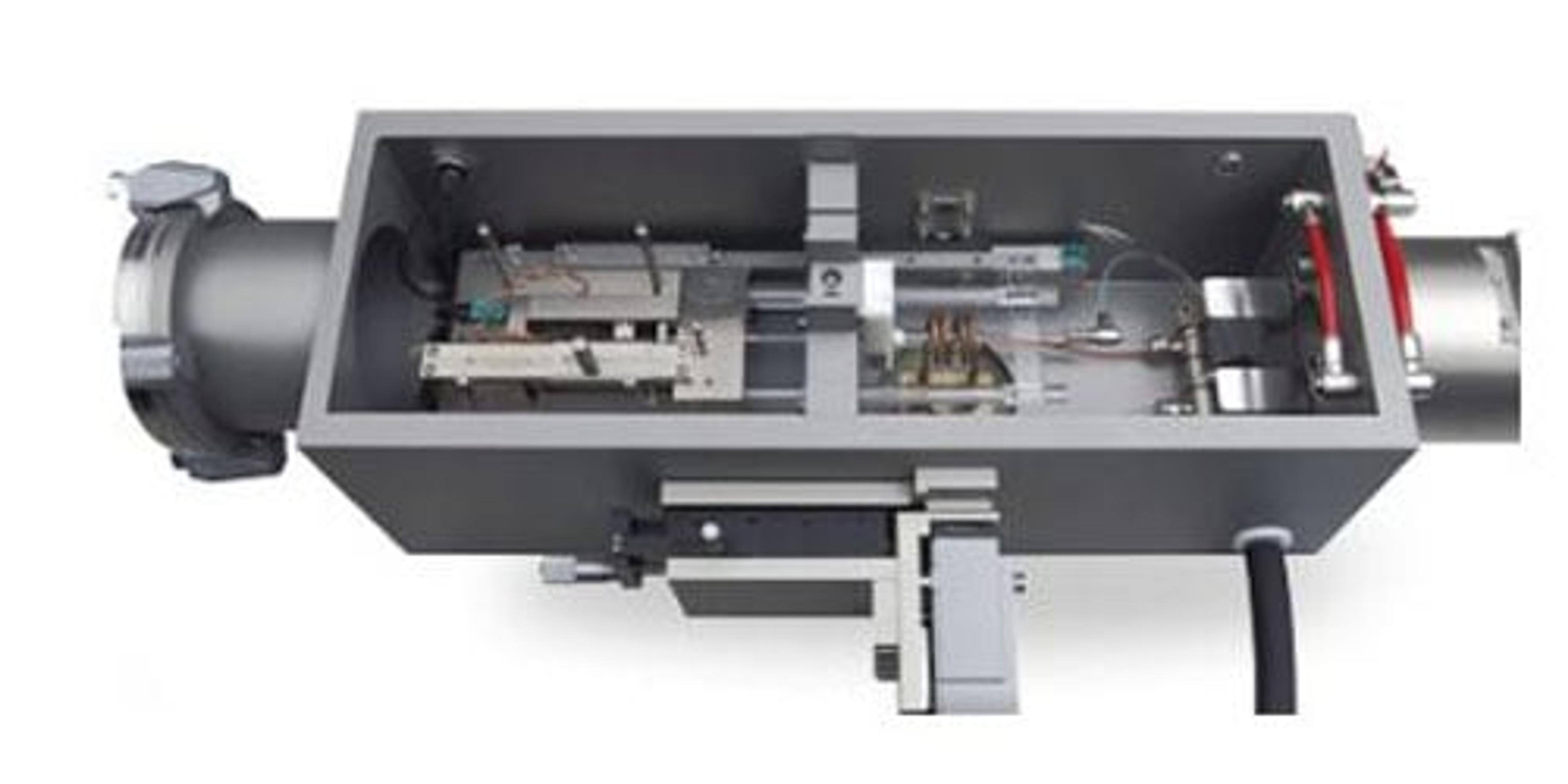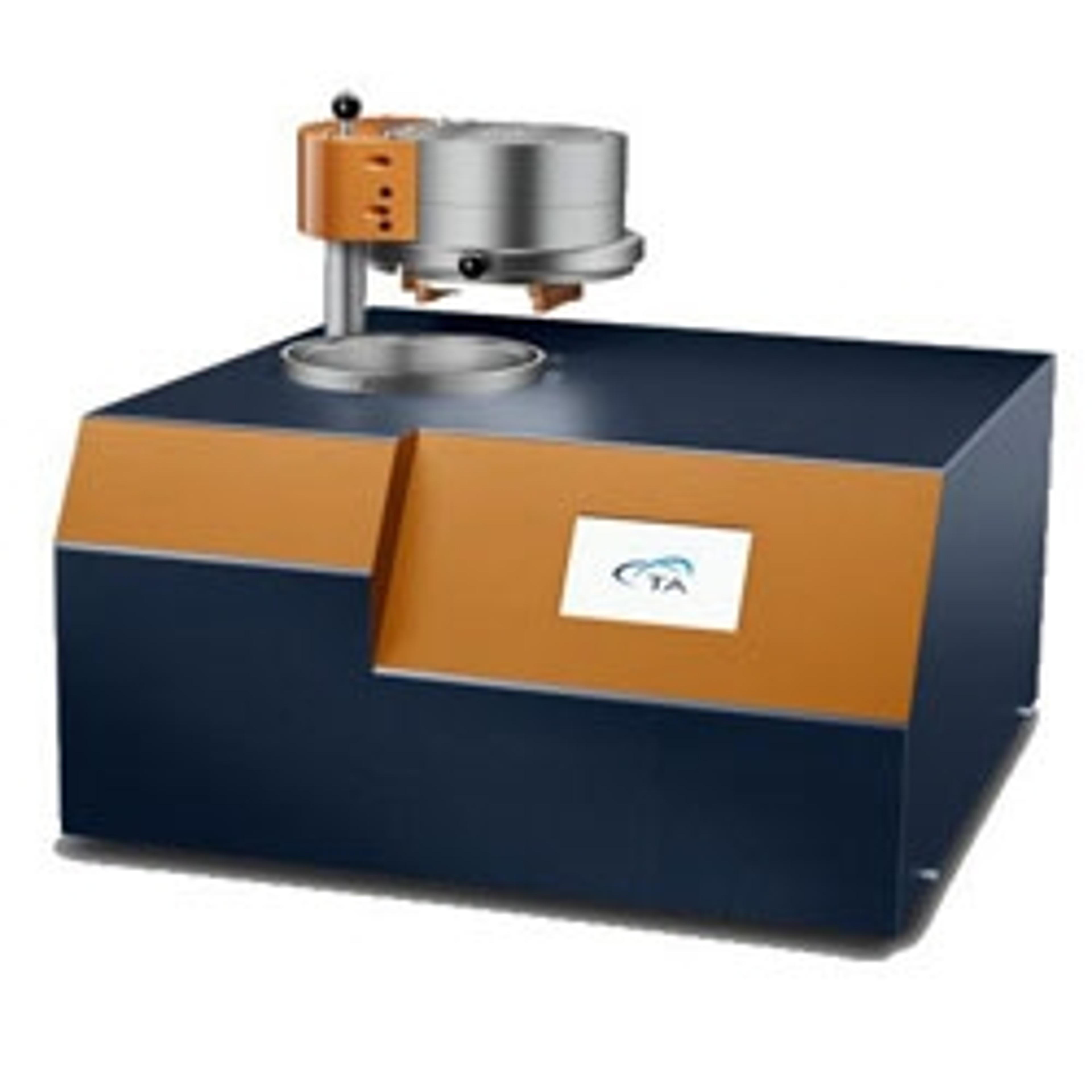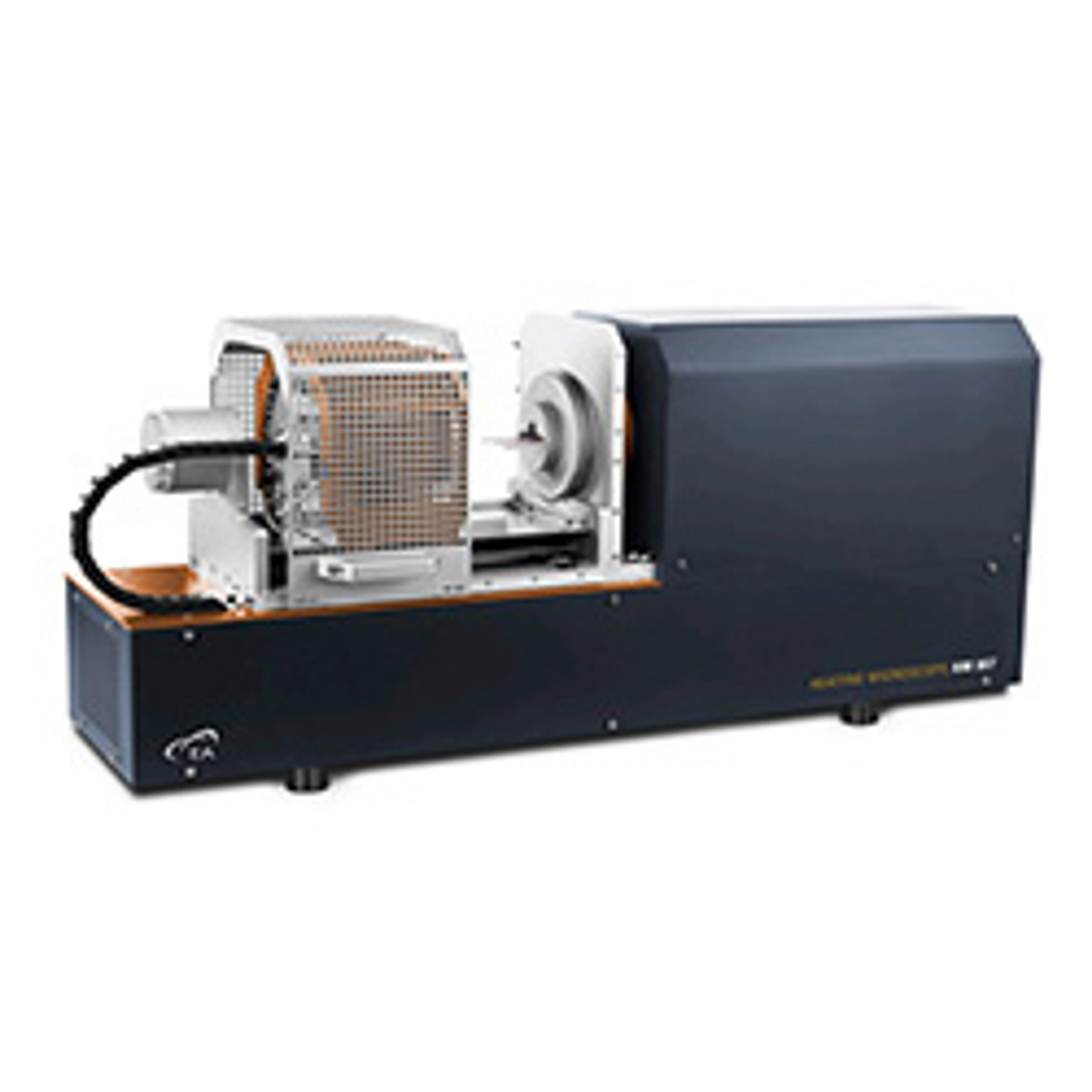Isothermal Microcalorimetry TAM Air, TAM IV, TAM IV-48
Based on the pioneering Thermometric technology, our instruments offer maximum sensitivity, flexibility and productivity. Isothermal Microcalorimetry is an extremely sensitive technique complementary to TA Instruments differential scanning calorimeters. TAM is a microcalorimeter system represented by TAM IV, TAM IV-48 and TAM Air.
The new TAM Air from TA Instruments is a powerful isothermal calorimeter with heat flow sensitivity in the microwatt range and unmatched baseline drift performance.
New TAM Air Advantages include:
- Operating temperature range: 5 °C – 90 °C
- Circulating air thermostat with temperature stability at ±0.02 °C
- Updated electronics for accurate data acquisition and EU ROHS compliance
- User choice of 8-channel or 3-channel calorimeter configuration
- Improved baseline drift performance for long term (e.g. weeks) experiments
- Connect up to 8 external probes including I/O Voltage card
- Compatible with all current TAM Air ampoules
- Operates with complete TAM IV Lab Asst. software
TAM IV is the most sensitive, stable and flexible microcalorimeter system in the world for directly measuring this universal heat signal and, therefore, the quantitative thermodynamic and kinetic observation of any process. It is a unique microcalorimeter system that is completely modular and combines the highest heat flow sensitivity with unmatched long term temperature stability for measuring many processes that are undetectable by other techniques. A wide range of calorimeter configurations and sample handling systems provide maximum application flexibility and ensure optimum laboratory productivity.
TAM IV-48 is a high-throughput version of the TAM IV and can accommodate up to 48 individual 4 mL Minicalorimeters. The large number of independent and parallel sample-measurements makes this system the optimal solution for sample screening, formulation, and process development. It is equally useful in research laboratories as in industrial laboratories including pharmaceutical production control.

